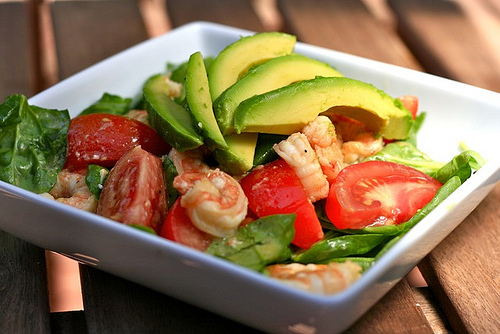Fitness Fundamentals || Nutrition
In today’s culture everyone is constantly looking for a way to “hack” their way into a smokin hot bod, world class athleticism, and lifetime of bliss and happiness. Hard work and the investment of long hours are quickly abandoned for the latest shortcut found on the internet. The truth is getting fit is a fairly simple task, but it is far from easy. Most fitness results are found through the process of mastering a few simple, but highly effective habits and repeating them consistently for a lifetime.
So, in an effort to cut through the noise we’re offering a new series of articles we call “Fitness Fundamentals”. For those just starting a health and fitness journey this is simple actionable advice to start improving right away. For those whom fitness is already an active part of their lives, these are the thing we tend to forget as we move further away from the beginners stages. These fundamentals are something that should be revisited consistently to make sure the foundation of our hard work remains solid in support of our goals.
For the sake of sequence we’ll use the classic visual of the fitness pyramid to present the fundamentals:

So we begin at the bottom of the pyramid with Nutrition. Here are the 3 nutrition fundamentals we believe all nutritional strategies should be built upon.
Eat protein and “lots” of vegetables at every meal.
While protein intake amount will vary based on size and goals of the individual, some protein should be consumed at every meal. For most, protein will mean fish, eggs, chicken, beef, and / or pork. Green vegetables should always be the first thing consumed on your plate, and the more the better. Kale, broccoli, spinach, lettuces, asparagus, brussels sprouts are a great place to start with getting an abundance of greens at each meal.
Food quantity should be natural not neurotic.
While many in the nutrition industry will ask you to count calories, weigh and measure every ounce of food, and hit precise “macro” percentages we believe there is a better way. While all of those things have some merit in specific higher level situations, we follow a simpler quantity solution developed by Precision Nutrition: A palm of protein, a cupped hand of non veggie carbs (fruits, and starchier carbs like sweet potatoes), and a thumb of fats.
For more details on how to apply this approach based on gender, and size take a look at this infographic from Precision Nutrition.
Make water 90% of liquid intake.
Water is the most important thing we voluntarily consume. You can survive 30-40 days without food, but maybe only 8-10 days without water. Hydration is not only important for your survival, but your ability to thrive as well.
Many times folks who struggle with fat loss or fitness performance still take in a large amounts of calories from alcohol, sodas, juices, or other sugar laden drinks. It’s best to eliminate these or reduce their consumption significantly. And, while we’d never ask someone to give up their coffee, we do recommend drinking at least twice as much water as coffee in the morning to maintain proper hydration throughout the day.
Our minimum recommendation is 16-20 oz at night before bed and immediately upon waking. If you plan on exercising 32 – 40 oz an hour before exercise and then another 16-20 oz twenty minutes before exercise, and drink as you feel “thirsty” during exercise.
In closing we like to remind everyone that we’re not doctors and this is not medical advice. There are many conditions that adults face that may call for a nutritional intervention that’s beyond our scope of practice. However, we do believe that implementing the three “fundamentals” presented here will immensely help anyone who is striving to improve their health and fitness.

